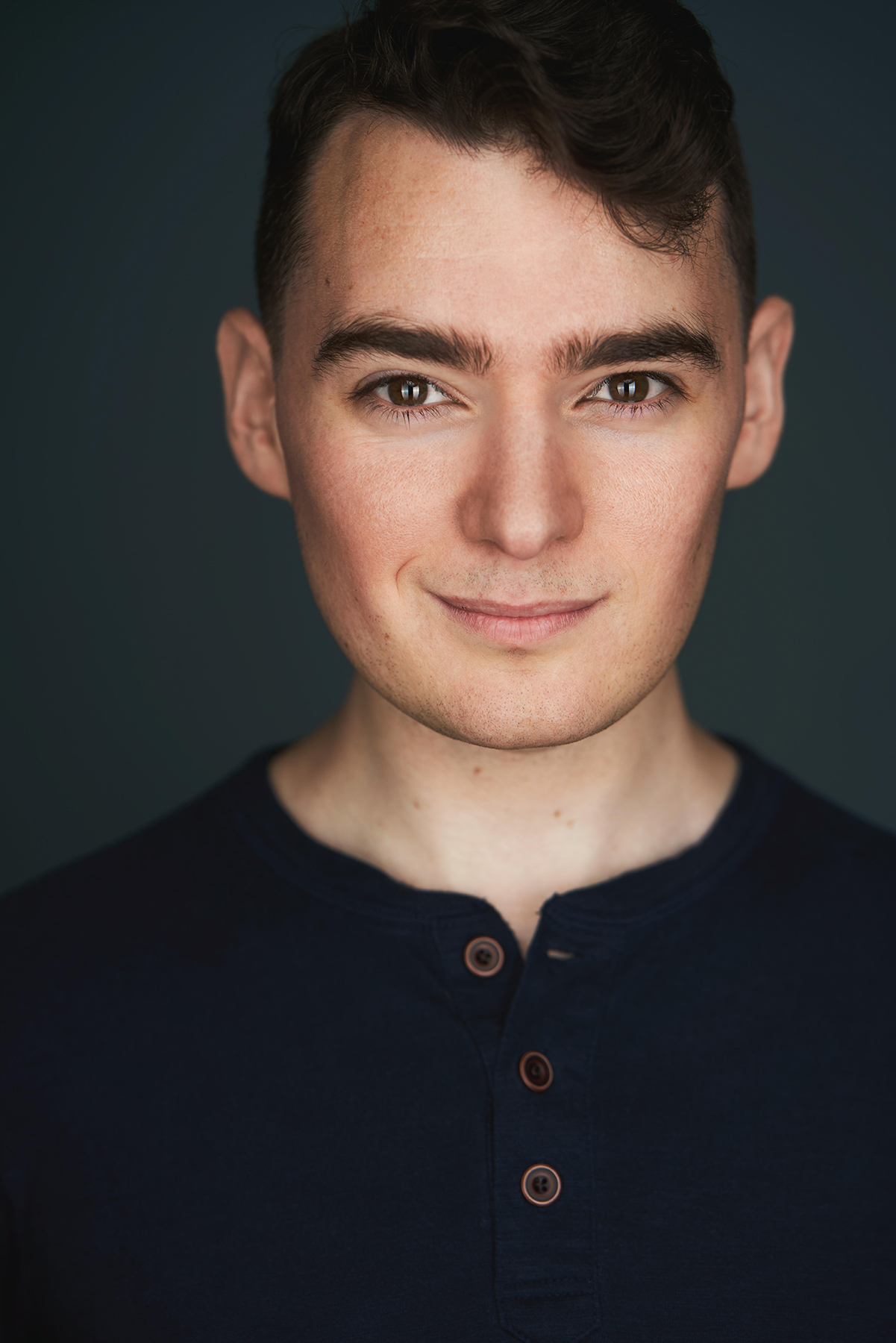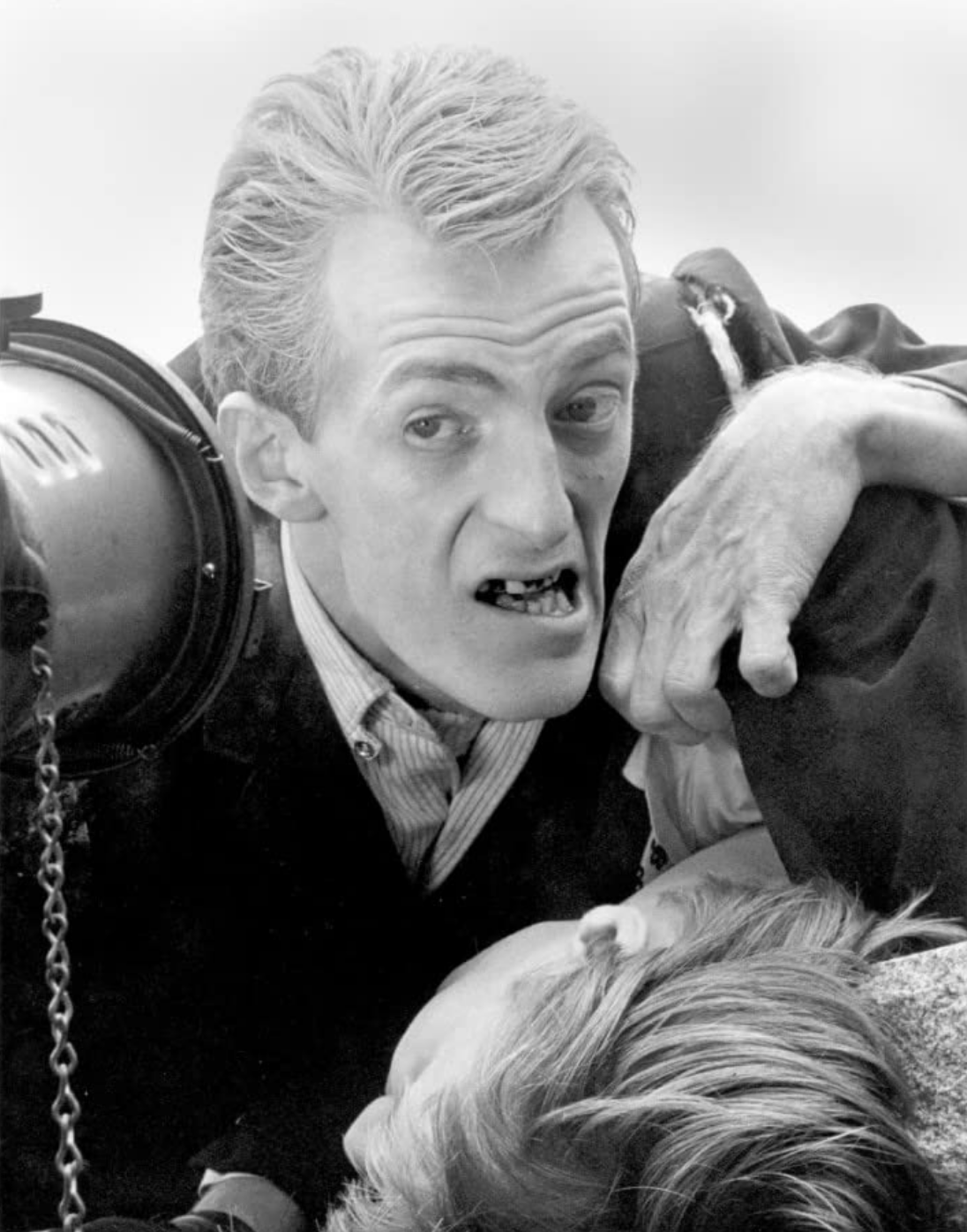
- Interviews
Jordan Wolfe: Zombies on Broadway
Broadway musicals have often drawn inspiration from historical characters, from literature and from movies. Evita, The Color Purple, Sunset Boulevard, Hairspray, Mean Girls, Once and Tootsie all have been given the musical treatment. Even Roger Corman’s Little Shop of Horrors took on a musical afterlife.
Now legendary horror filmmaker George Romero’s Night of the Living Dead is about to go live under the careful guidance of actor, singer and composer Jordan Wolfe, who has guest-starred on Grease and Titanic to breathe music and lyrics into the undead.

What was it about this zombie film that you felt it might make a good musical?
I come from theater, as an actor and singer, and I always loved horror movies and the cross-section of horror stories and musicals. I loved Batboy so when I thought about writing a musical, I thought that was the angle where I would have something to add to it. Night of the Living Dead is a very special movie to me. It was the first indie movie that had real box-office success. It came out the same time as Rosemary’s Baby. It also took on social meaning because it was one of the first movies to star an African American that didn’t revolve around race. It was very ahead of its time. If you watch it today, it holds up. It had no resources and no money so it forced George Romero to be really creative. He made the first modern zombie movie where zombies are just normal everyday people who could be resurrected from the dead. All of that really sang to me.
Romero passed in 2017. Were you ever able to have a conversation with him about this before he died?
No. I started working on the show right before he passed away. I wrote very quickly over the summer of 2018. I have spoken to people who knew him well. We actually had an off-Broadway run in the summer of 2019. There were musical theater fans who didn’t really know the movie and enjoyed it and then we had the serious horror fans come, like the George Romero Fan Club, and so it was cool to have both of those crowds enjoy the show. People did tell me that he was this cool guy with a great sense of humor, who never took himself too seriously. George actually started working with Mr. Rogers. He said shooting some of those puppet scenes were the scariest movies he ever shot. He never told Fred about the film but later he learned that Mr. Rogers went to a midnight screening to support the movie.
Jesus Christ Superstar started its life as a concept album first before becoming a play. How advantageous was that for you to go the same route?
For me, it kind of happened at the same time. Some of the actors of the off-Broadway production were part of the recording, which came out after the show had opened in New York. We were working on the recordings before the show. We got the music nailed down and then worried how the other pieces would fit into it. The more you can workshop the pieces of the show before it all comes together, it helps. When we started putting the show on stage, we had a clear idea of what it would sound like.
Your score is a pastiche of almost every musical style, from country to doo-wop, to rock to 1940s big band. What was your thinking with this range of musical styles?
I knew that I wanted to keep the show set in the 1960s. It helps the fun of it. The original film is very bleak and gray and intentionally hopeless. I wanted the musical to be the opposite. We have bright clothes and fun clothes. It is like horror meets What’s New Pussycat and the music reflects that. I didn’t want to lock the music into just the ‘60s. It will follow each character and I wanted to keep it fresh and to make it unpredictable. I like being eclectic. It makes it fun and more exciting to me.

